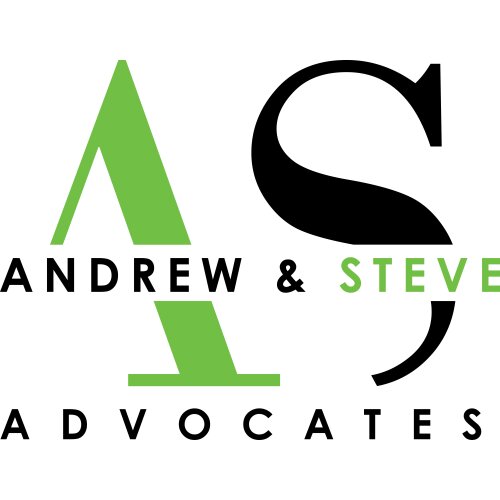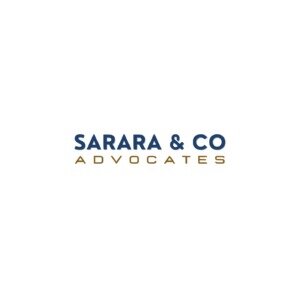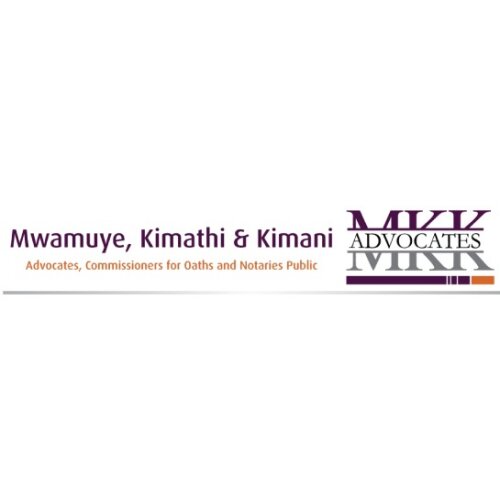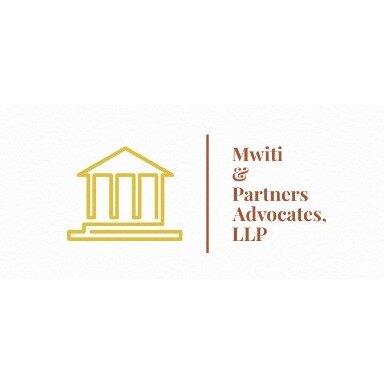About Business Law in Nairobi, Kenya
Nairobi, the capital city of Kenya, is a bustling hub for business and commerce. With a growing economy, it offers numerous opportunities for local and international entrepreneurs. However, navigating the legal aspects of doing business in Nairobi can be complex. Understanding the basics of business law is essential to ensure compliance, protect your interests, and avoid legal complications.
Why You May Need a Lawyer
Seeking legal advice from a business lawyer is crucial in various situations. Here are some common scenarios where you may require their assistance:
- Setting up a business: A lawyer can guide you through the process of registering your business, obtaining necessary licenses, and understanding the legal requirements.
- Contracts and agreements: From drafting and reviewing contracts to negotiating terms and resolving disputes, a lawyer ensures your interests are protected.
- Employment matters: A lawyer can advise on labor laws, help with employment contracts, and address issues related to employee rights or disputes.
- Intellectual property protection: If you have unique products, branding, or inventions, a lawyer can help with trademark, copyright, or patent registration.
- Business disputes: In case of conflicts, a lawyer can provide legal representation, negotiate settlements, or represent your business in court if required.
Local Laws Overview
Here's a summary of key aspects of local laws relevant to doing business in Nairobi, Kenya:
- Company Law: The Companies Act governs the establishment, management, and dissolution of companies in Kenya, covering issues like shareholders' rights, directors' responsibilities, and corporate governance.
- Commercial Contracts: Contracts in Nairobi are enforceable and should be drafted with care. They must include clear terms, mutual consent, consideration, and lawful objectives.
- Employment Law: The Employment Act provides labor regulations, covering aspects such as minimum wage, working hours, annual leave, termination procedures, and protection against unfair labor practices.
- Taxation: Kenya has a tax system that businesses must comply with. This includes paying corporate taxes, filing tax returns, and keeping proper financial records.
- Intellectual Property (IP) Law: The IP Act protects copyrights, trademarks, patents, and industrial designs. Registration is advisable to secure exclusive rights and prevent infringement.
Frequently Asked Questions
Q1: How long does it take to register a business in Nairobi, Kenya?
Registering a business in Nairobi usually takes around 14 days. However, the timeframe may vary depending on the nature of your business and the efficiency of the relevant government agency.
Q2: What licenses or permits do I need to operate a business in Nairobi?
The specific licenses and permits you need depend on your business activities. Some common licenses include the Business Permit, Single Business Permit, and Health Certificate. Seeking legal advice will help ascertain the exact requirements for your business.
Q3: Can I hire foreign employees for my Nairobi-based business?
Yes, you can hire foreign employees for your Nairobi-based business. However, you must comply with immigration, work permit, and tax regulations. It's advisable to consult a lawyer with expertise in immigration and employment law.
Q4: What are the main tax obligations for businesses in Nairobi?
Businesses in Nairobi are required to pay corporate income tax, value-added tax (VAT), and other applicable taxes. Keeping accurate financial records and filing tax returns on time is crucial to remain compliant.
Q5: What steps can I take to protect my intellectual property in Nairobi?
To protect your intellectual property in Nairobi, consider registering your trademarks, copyrights, patents, or industrial designs with the Kenya Industrial Property Institute. Consulting a lawyer specializing in IP law is recommended.
Additional Resources
Here are a few resources that can provide further assistance related to business law in Nairobi, Kenya:
- Kenya National Chamber of Commerce and Industry (KNCCI)
- Kenya Revenue Authority (KRA)
- Nairobi City County Government
- Law Society of Kenya
Next Steps
If you require legal assistance in business matters in Nairobi, Kenya, consider taking the following steps:
1. Identify your specific legal needs and the areas in which you require guidance.
2. Research and shortlist reputable business lawyers or law firms in Nairobi, paying attention to their expertise and experience.
3. Schedule consultations with a few lawyers to discuss your requirements, evaluate their suitability, and understand their fees.
4. Select a lawyer who understands your business needs, has relevant experience, and offers reasonable fees.
5. Provide the lawyer with all the necessary information and documents to proceed with your case or legal matter.
Remember, seeking legal advice early can help you avoid potential legal pitfalls and ensure your business operates within the bounds of the law.
Lawzana helps you find the best lawyers and law firms in Nairobi through a curated and pre-screened list of qualified legal professionals. Our platform offers rankings and detailed profiles of attorneys and law firms, allowing you to compare based on practice areas, including Business, experience, and client feedback.
Each profile includes a description of the firm's areas of practice, client reviews, team members and partners, year of establishment, spoken languages, office locations, contact information, social media presence, and any published articles or resources. Most firms on our platform speak English and are experienced in both local and international legal matters.
Get a quote from top-rated law firms in Nairobi, Kenya — quickly, securely, and without unnecessary hassle.
Disclaimer:
The information provided on this page is for general informational purposes only and does not constitute legal advice. While we strive to ensure the accuracy and relevance of the content, legal information may change over time, and interpretations of the law can vary. You should always consult with a qualified legal professional for advice specific to your situation.
We disclaim all liability for actions taken or not taken based on the content of this page. If you believe any information is incorrect or outdated, please contact us, and we will review and update it where appropriate.

















